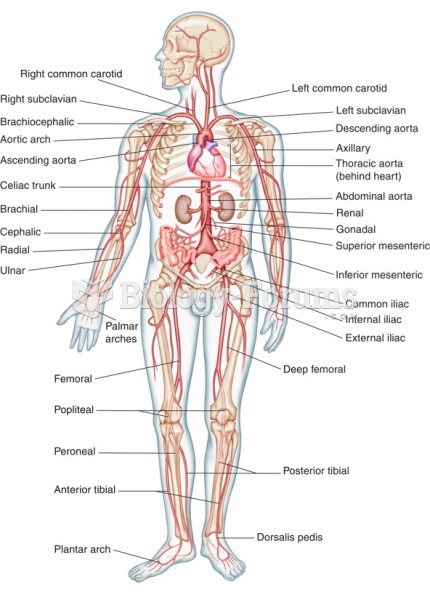Answer to Question 1
As a general rule, males who are involved in the justice system are sanctioned more severely than females.
Males are more likely to be petitioned to juvenile court if caught in a delinquent act; if petitioned, are more likely to be adjudicated; and if adjudicated, are more likely to receive residential placement as a sanction.
o About 40 of males petitioned to juvenile court for violent crimes receive some sort of court-ordered sanction (residential placement, formal probation, restitution, community service, etc.) following adjudication; in comparison, about 30 of girls receive similar sanctions.
o Cases involving males are more likely to be waived to criminal court (10 in 1,000) than are cases involving females (1 in 1,000).
While juvenile justice authorities treat boys more harshly than girls, they do not take into account such factors as offense seriousness or a prior record that might result in harsher dispositions.
If these factors were controlled for, gender differences in case outcomes might disappear. In fact, in many ways, girls receive more punitive treatment than boys, especially in cases involving sexual matters or offenses.
This is not a recent phenomenon; throughout the history of the juvenile justice system, girls were more likely to be punished for immoral behavior than actual delinquency.
Police are more likely to arrest female adolescents for sexual activity and to ignore the same behavior among male delinquents.
o Girls are more likely than boys to be picked up by police for status offenses and are more likely to be kept in detention for such offenses.
Student views will vary.
Answer to Question 2
TRUE






